The fact that Donald Trump is now the presumptive GOP nominee for president is not easy to grasp. Many of us had very high hopes for a strong conservative nominee in 2016. At the very beginning of the primary process, the voters were presented with a wide array of 17 candidates, many of them possessing exceptional talent and strong conservative principles. In an unfortunate twist of fate and turn of events, one billionaire real estate mogul with no governmental experience is the last man standing. The party leaders of the GOP are now demanding that Republican voters fall in line behind the the same man who presented himself as the very epitome of a rogue, populist, “anti-establishment” candidate. We are being forcefully told to accept a New York liberal as the standard-bearer of the Republican party.
Something isn’t adding up here.
Now, I haven’t personally witnessed or paid attention to all that many Republican presidential primaries. I’m only 19 years old, and I only just started paying attention to politics during my latter years of high school. That being said, I know enough about American political history to know that this year’s primary is something of an anomaly. And, quite honestly, the way things have played out these past few months just don’t seem to make all that much sense. I’ve given a lot of thought to this primary season and the events that have occurred. Here are a few questions that have been floating around in my head lately. Feel free to take a shot at answering them. (Hint: I have a feeling that the answer to most of them is, simply, “People are stupid.”)
1. Why was Trump not immediately tossed to the side at the beginning of the primary? Granted, some of the other candidates were quick and efficient in pointing out the fact that Trump is not actually a conservative (or, for that matter, a Republican). In July of 2015, Rick Perry said that, “Donald Trump’s candidacy is a cancer on conservatism, and it must be clearly diagnosed, excised and discarded.” (Funnily enough, Perry was rather quick to fall in line behind a nominee who, by his own words, is detrimental to conservative principles.) With so many strong and capable conservatives in the race from the beginning, why did anyone take Trump seriously? It was blatantly obvious from the very start that Trump wasn’t all that serious about his candidacy. By all logical standards, Trump shouldn’t have lasted even the first couple of weeks.
2. Why were so many far-right “conservative” icons so eager to endorse Trump, even while there were far more principles candidates in the race? I’ve never been a huge fan of Sarah Palin. During her time as the VP pick for McCain in 2008, she did come across as a common sense conservative, but her style of delivery and Alaskan “charm” always felt a bit off-putting. Regardless, I was stunned (and not in a good way) when I saw the news that she had endorsed Trump. Her endorsement came at a time when Marco Rubio and Ted Cruz were in the race, two candidates whose political and personal beliefs are far closer to the principles Palin has expressed over the years. Sean Hannity’s obvious pandering to Trump was a little less surprising to me, but still something of an anomaly. Any of these conservative “leaders” who endorsed Trump this election are the same people who desperately wanted a conservative nominee after McCain’s and Romney’s losses in 2008 and 2012. Yet, when given a chance at fulfilling their dreams by backing Cruz, they instead opted for the gilded toad. Likewise, listening to Rush Limbaugh recently has typically been nothing but aggravating due to the fact that he refuses to call Trump out for what he is. His absolute refusal to acknowledge that the “NeverTrump” movement may actually have a good point provides even more evidence that he is too far gone.
3. Why, for the love of all things good and holy, did Kasich stay in the race for so long? Sure, he won his home state. But in the end of things, he never managed to shake of his position of 4th place in a 3 man race. I hoped he would drop out after Wisconsin. He didn’t. I hoped he would drop out after the absolute bloodbath of the Northeastern state primaries. He didn’t. Keep in mind, Kasich claimed his presence on the ballot would keep Trump from sweeping the delegates. Instead, Trump picked up more delegates than most people anticipated. Even after Kasich agreed to cancel campaign events in Indiana to boost Cruz and stop Trump from winning, he told his supporters to go ahead and vote for him anyway. What was Kasich’s plan? If he was and is desperately seeking a position as Trump’s running mate, than congratulations to him: he did more to help Trump get nominated than anyone else in this process. He’s made for the job.
4. Why can’t Trump supporters be reasoned with? Granted, I don’t really know many Trump fans personally. I live in Wisconsin, in an area where the #NeverTrump sentiment seems to run strong. Regardless, I encounter plenty of them in comment sections of news sites and online forums. I’ve yet to see one of them make a logically coherent statement that isn’t a verbatim repetition of something Trump said on Twitter. When confronted with facts or even asked specific (and simple) questions about Trump, they ignore them and instead reply with more baseless assertions. This may be a generalization, but this is the view I will have of Trump supporters until they prove otherwise. I realize that the comment sections of websites aren’t exactly Enlightenment salons, but I’ve seen many anti-Trump conservatives make very articulate and sound arguments very frequently. Perhaps the Trumpsters can’t do so because their position is logically untenable?
5. Why did Indiana voters choose to bow to Trump, when they had a clear shot at giving Cruz a good chance at the nomination? There’s a lot of factors influencing this one. Many voters apparently decided that the primary was dragging on to long. They didn’t want a contested convention. They were willing to settle for the frontrunner, even if he may be a textbook narcissist unable to coherently string together more than 10 words in a sentence without contradicting himself. The media propagated the lie that the race was already over, and that Trump was the nominee. They fell for it, or were simply too apathetic to dispute it. For whatever reason, even “Evangelical” voters (if that label even means anything anymore) thought Trump was the more godly, moral, and Christlike candidate. They voted for the guy that calls himself a Christian, yet cites “an eye for an eye” as his favorite Bible verse. For Trump, it’s all about revenge. In a state that Cruz should and would have won in almost any other scenario, Trump absolutely crushed him.
I could probably think of at least 10 more questions about this election cycle that are still bothering me. For the sake of brevity, I will refrain from asking them right now. If there’s one good thing about this primary process, it’s the fact that it made me very interested in politics again. All of the frustration and angst brought on by the blood-boiling incompetence of Trump probably isn’t very good for my health, but it gives me something to be passionate about.
The laws of Logic seem to have been suspended during the primary season. By the looks of it so far, it doesn’t seem like they’ll be reinstated for the general election either. Let’s just hope it’s not a permanent thing.



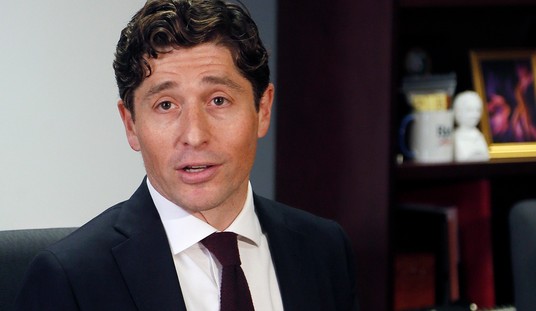


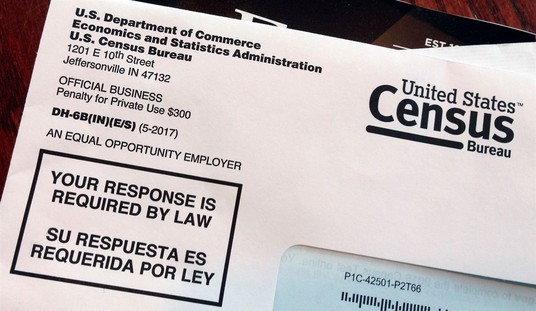


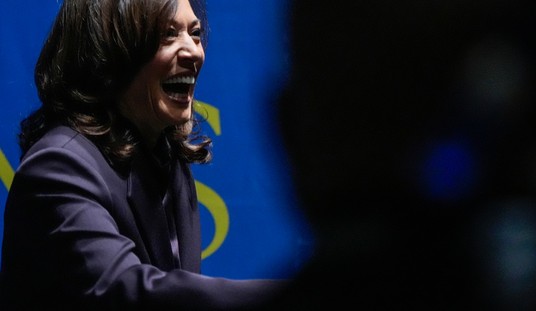

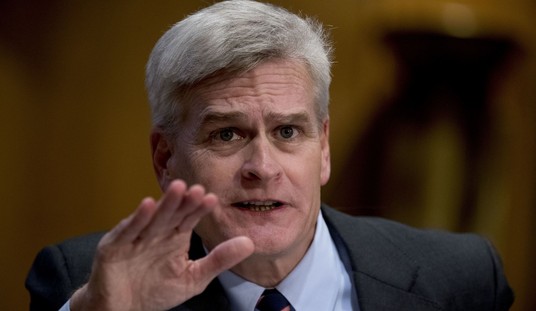
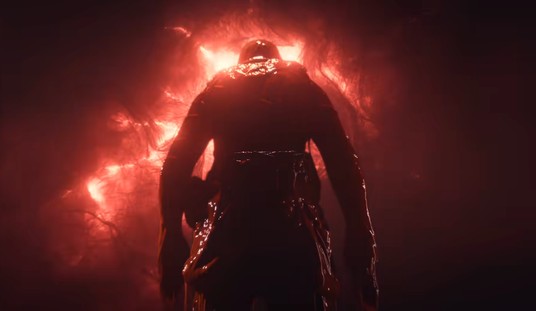
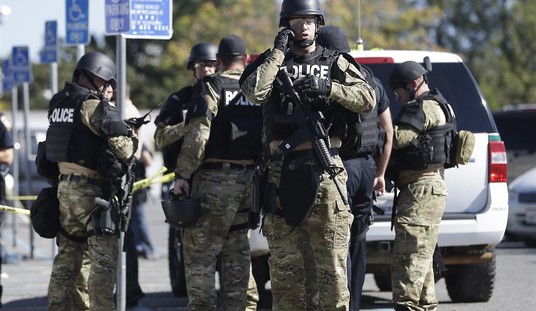
Join the conversation as a VIP Member